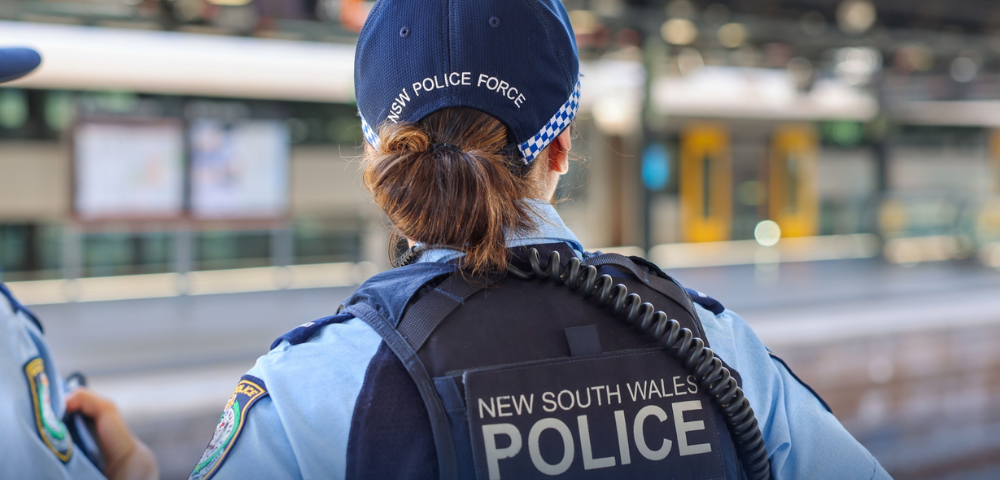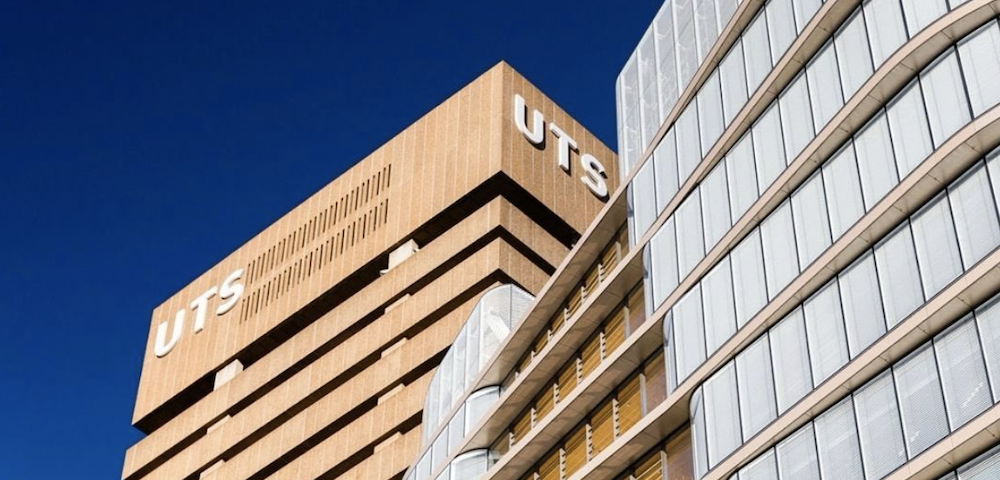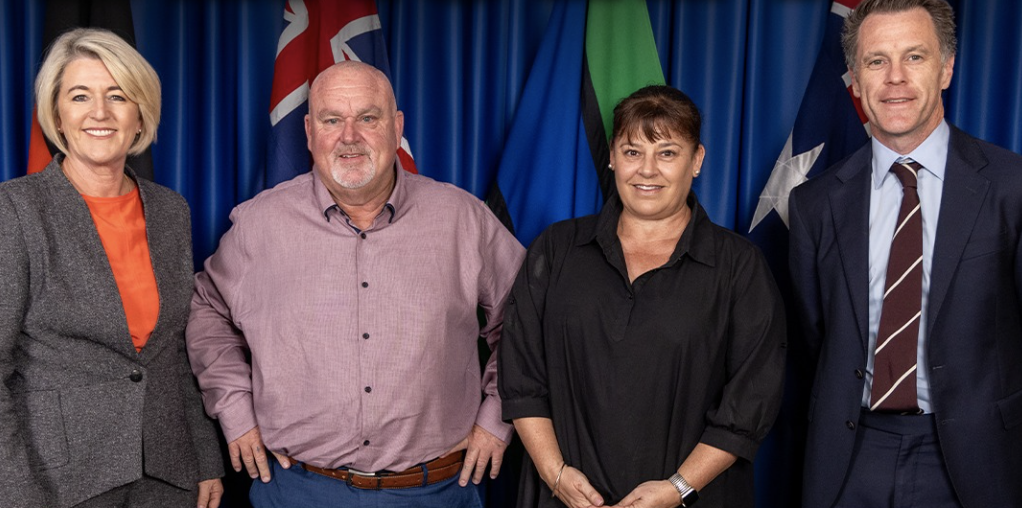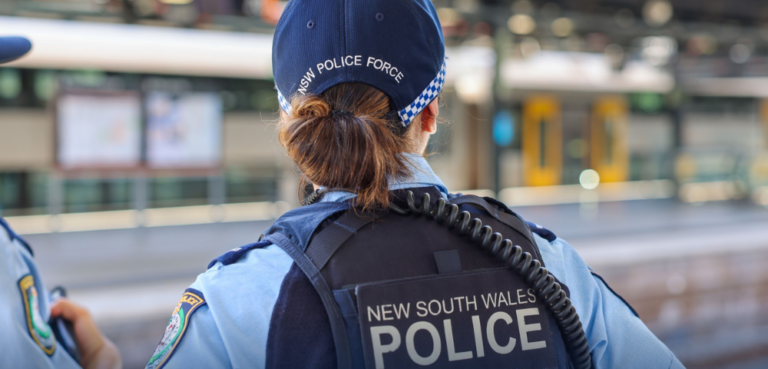
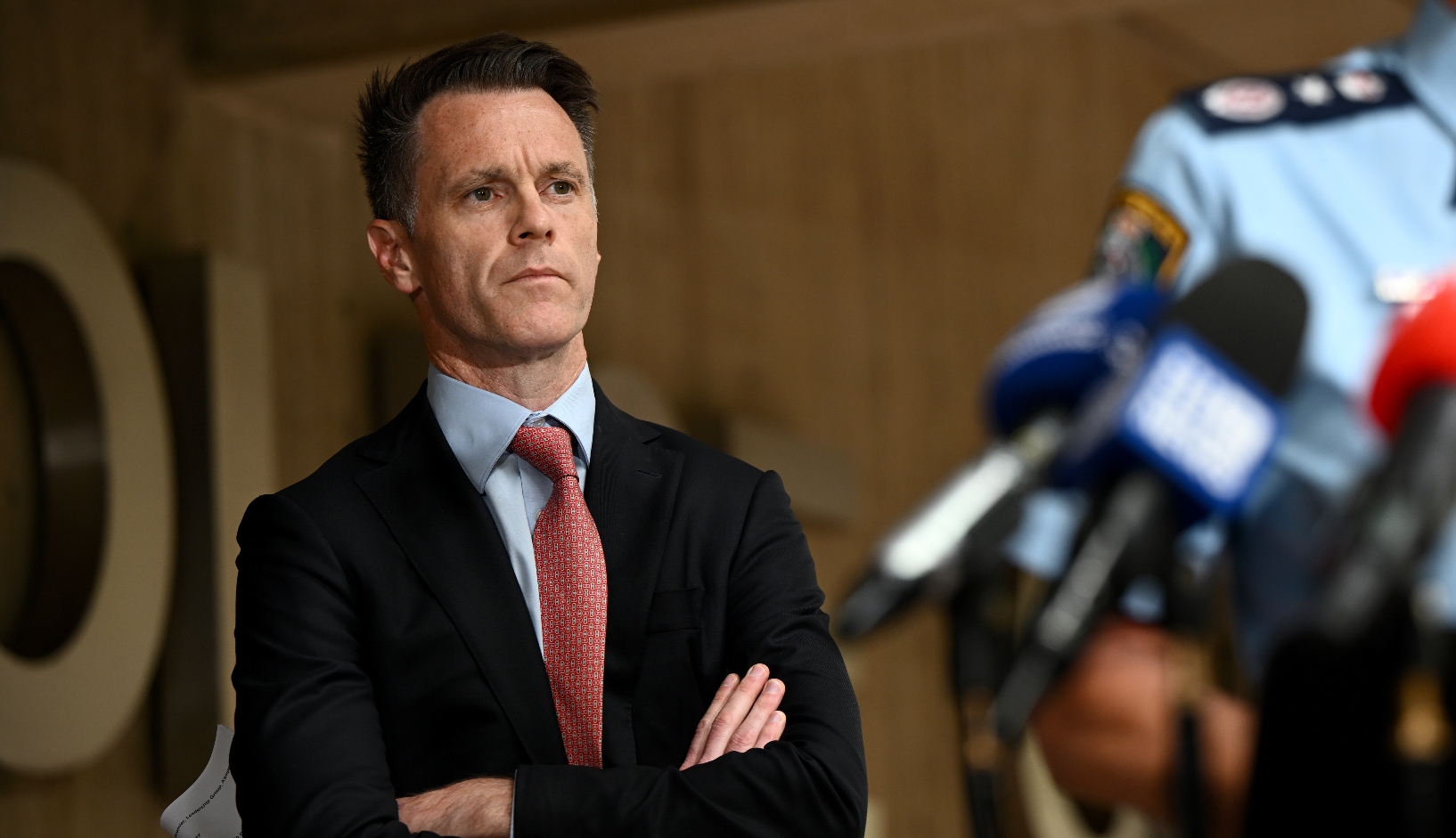
by CHRISTINE LAI
The NSW premier is considering tightening knife crime legislation following recent stabbing incidents in Sydney.
Just two days after the tragic murders of six individuals in Bondi Junction on Saturday, a 16-year-old allegedly stabbed a bishop and another priest during a sermon at Wakeley Church on Monday night.
The teenager had previously been found with a knife at school in 2020 and was placed on a good behaviour bond over a knife crime three months ago.
In addition, an 18-year-old was killed and a 19-year-old wounded in an attack near a school in Doonside on Friday.
These recent attacks have called the current knife laws into question.
“A combustible situation”
NSW Premier Chris Minns emphasised the importance of considering tougher knife laws, stating that it would be “irresponsible not to look at [such measures]”, although he did not provide specifics. Minns noted rules had already been tightened following the murder of a paramedic in recent months, but said he was open to exploring reforms.
“It’s a combustible situation, and I’m not going to sugarcoat it,” Minns said.
“We increased knife laws about six months ago after the terrible death of Steven Tougher, NSW paramedic, but I’m not prepared to rule anything out right now”
“Obviously when people are being killed and you’ve got a situation where a knife is being used, then it would be irresponsible not to look at it,” Minns said.
He mentioned that the state would assess the possibility of allowing security guards to carry handcuffs, pepper spray, or batons, but ruled out the use of guns or tasers.
Australia’s stringent knife laws
Knife laws in Australia are among some of the strictest in the world. Under Australian law, a knife is defined as any tool with a cutting edge or blade intended for use as a weapon. Carrying any type of knife in public is prohibited, with the exception of utility knives like Swiss Army knives or pocketknives with blades not exceeding 10 cm.
Each state and territory has its own set of regulations concerning knife possession. In New South Wales, specific knives are categorised as ‘controlled weapons,’ which means that they can only be kept at home and must not be carried in public.
Last year, the NSW Government announced plans to introduce new legislation aimed at strengthening penalties for knife-related crimes.
The changes introduced to Parliament in June last year sought to transfer offences such as possessing a knife in a public place or school and brandishing a knife in a public place or school from the Summary Offences Act to the Crimes Act.
Last year’s changes in legislation saw penalties for these offences double, with the maximum term of imprisonment for these crimes increasing from 2 years to 4 years. Moreover, fines for possession of a knife rose from $2200 to $4400, while fines for wielding a knife increased to $11,000.
In February, Queensland passed new laws to prohibit the sale of knives to people under the age of 18 after a woman was stabbed at a shopping centre.
Queensland also implemented laws that allows police officers to use metal detectors without a warrant.
NSW Police Minister Yasmin Catley has said that the government would consider similar laws.




